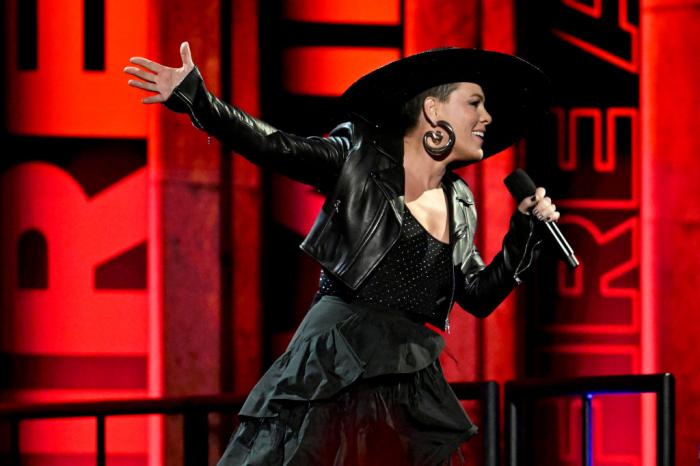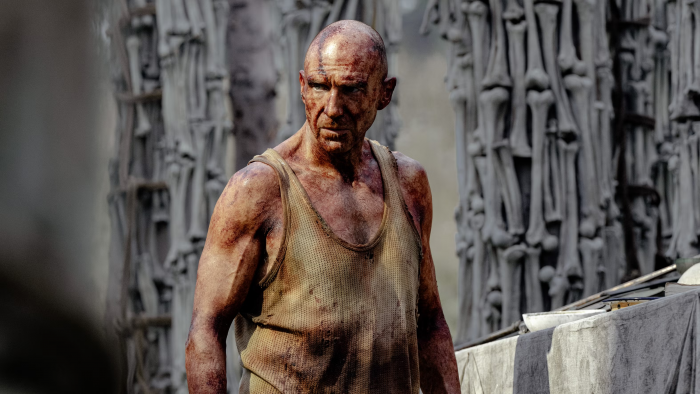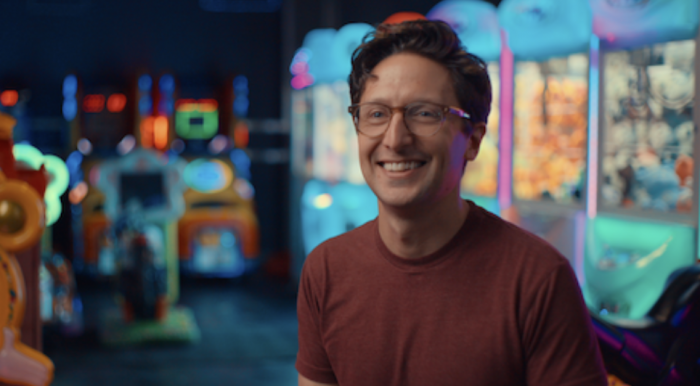
Will Sarah Silverman's Lawsuit Be the Demise of ChatGPT and Other AI Chatbots?
By Dustin Rowles | Social Media | July 10, 2023

Sarah Silverman, along with authors Christopher Golden and Richard Kadrey, is suing OpenAI and Meta, alleging that their respective chatbots, ChatGPT and LLaMA, are violating their copyrights. Silverman et al. argues that ChatGPT processes thousands of illegally-obtained books from torrent websites and generates derivative works from this material. As an example, if ChatGPT is asked to summarize Silverman’s memoir Bedwetter, it will comply, an act that Silverman contends infringes upon her copyright. The copyrighted work of countless other authors may similarly be infringed. Lawsuits for copyright infringement have also been lodged by Getty Images, programmers, and various artists against AI software. If these lawsuits prove successful, they could potentially dismantle the AI industry before it fully matures.
The central question is: are these lawsuits valid? The courts have yet to establish a clear precedent for such issues under current copyright laws. By definition, creating a derivative work based on an existing piece is a violation of copyright law. Arguably, the software processes vast quantities of copyrighted works without explicit permission and generates responses to specific prompts, which can be classified as “derivative.” However, isn’t this what humans essentially do? Throughout our lives, we absorb a variety of creative works that collectively inspire our own creativity. For instance, Sam Levinson wouldn’t face a lawsuit for copyright violation after watching Basic Instinct, Kids, and numerous low-quality porn films before producing The Idol. Although The Idol may be derivative, the influence from each source is minimal enough to potentially qualify as fair use.
Nonetheless, the fair use exemption in copyright law could falter if an AI-created work incorporates a significant portion of a copyrighted work to generate a new, commercially profitable derivative piece. For instance, if a stand-up comedian commissioned ChatGPT to write a comedy set inspired by Sarah Silverman’s previous performances and profited from these jokes, it could be seen as a breach of copyright law.
It’s a complex issue that presents a challenge for lawyers, judges, and the AI industry. It’s vital to distinguish the boundary between copyright infringement and fair use. If this boundary veers more toward copyright infringement, it may signify the end of AI. Conversely, if it leans toward fair use, it could jeopardize the careers of many creatives.
There is, however, a fundamental question where it concerns the entertainment industry: why would a Hollywood studio want to produce a film based on an AI-generated script? As current law stands, AI screenplays cannot be copyrighted because only humans can claim copyright over creative works. Even if a film based on an AI script grossed $750 million, the studio could not prevent other parties from profiting from the same work.
Basically, the copyright situation surrounding AI is messy and will likely continue to be for the foreseeable future. It also seems likely that the balance will ultimately be tipped by the most powerful and wealthy billionaires and lobbying groups, who will undoubtedly leverage their influence to shape legislation and steer the courts in their favor.



